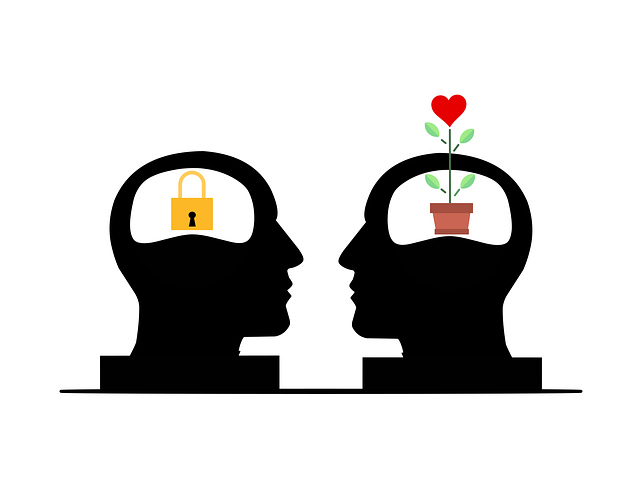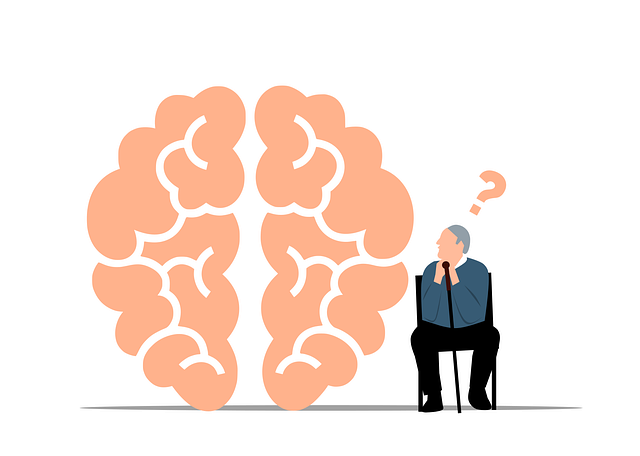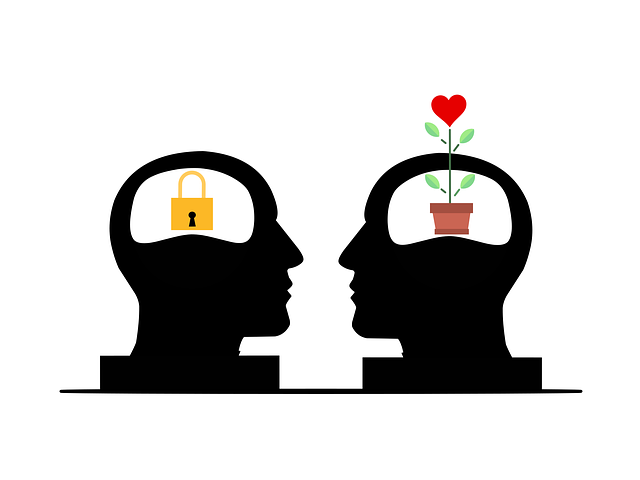Denver Adolescent and Teen Therapy empowers teens to navigate their complex emotions through specialized support. By teaching emotional intelligence (EQ) skills, therapy helps adolescents recognize triggers, manage stress, improve relationships, and boost self-esteem. Key methods include identifying emotions, journaling for self-awareness, active listening, and cultivating empathy. These integrated techniques enhance overall well-being, prepare teens for adulthood, and foster healthier mental health outcomes.
Emotional intelligence (EQ) is a vital asset for adolescents navigating today’s complex world. This article explores the transformative power of EQ, focusing on its profound impact on young minds. We delve into key components like understanding emotions, self-awareness strategies, empathy development, and active listening—essential tools in the context of Denver Adolescent and Teen Therapy. By implementing these techniques, teenagers can enhance their emotional resilience, foster healthier relationships, and thrive both personally and academically.
- Understanding Emotional Intelligence and its Impact on Adolescents
- Identifying Emotions: A Crucial Step in Building EQ
- Strategies for Enhancing Self-Awareness in Teenagers
- The Role of Empathy in Developing Emotional Intelligence
- Practicing Active Listening: A Key Component of Denver Adolescent and Teen Therapy
Understanding Emotional Intelligence and its Impact on Adolescents

Emotional intelligence (EQ) is a powerful tool for adolescents navigating the complexities of growing up. It involves recognizing and managing one’s own emotions, as well as understanding and empathizing with others’ feelings. For teens in Denver, adolescent and teen therapy can play a pivotal role in enhancing EQ development. Through therapeutic interventions, young individuals learn to identify emotional triggers, develop healthy coping mechanisms, and improve their ability to connect with peers and adults.
High levels of emotional intelligence can significantly impact adolescents’ overall well-being. It aids in stress management, enhances self-esteem, and fosters better relationships. Moreover, EQ acts as a buffer against mental health challenges like depression prevention and even provides trauma support services. By nurturing inner strength development, teens equipped with strong emotional intelligence are better prepared to face life’s hurdles and make positive choices, setting them up for success in adulthood.
Identifying Emotions: A Crucial Step in Building EQ

Identifying emotions is a fundamental aspect of emotional intelligence (EQ) development. It’s often the first step in understanding and managing one’s own feelings, as well as those of others. This process involves recognizing and labeling emotions, both positive and negative, which can be challenging for many individuals, especially during adolescence. In Denver adolescent and teen therapy settings, therapists play a vital role in guiding teens through this crucial step by creating safe spaces where they feel comfortable expressing their emotions without fear of judgment.
By learning to identify emotions, young people gain valuable insights into their internal experiences and develop the ability to regulate their responses. This early practice sets the foundation for healthier relationships, effective communication, and better decision-making in the future. Moreover, fostering emotional intelligence through healthcare provider cultural competency training can enhance the overall therapeutic process, reducing burnout prevention among professionals while promoting beneficial self-care practices.
Strategies for Enhancing Self-Awareness in Teenagers

Teenagers often struggle with navigating their rapidly changing emotions and identities. At Denver Adolescent and Teen Therapy, we emphasize the crucial role of self-awareness in fostering mental wellness. Encouraging adolescents to engage in regular mental wellness journaling exercises can be a powerful tool for enhancing self-understanding. By dedicating just a few minutes each day to write down their thoughts, feelings, and experiences, teenagers can begin to identify patterns in their emotions and behaviors. This introspective practice allows them to gain valuable insights into what triggers their anxiety or distress, ultimately empowering them to develop healthier coping mechanisms.
Additionally, guidance from therapists specializing in Denver Adolescent and Teen Therapy can support individuals in exploring their emotional reactions without judgment. Through safe and structured conversations, teens learn to recognize and label their emotions accurately. This increased emotional vocabulary enables them to communicate their needs more effectively, build stronger relationships, and engage in the emotional healing processes necessary for thriving during this formative stage of life.
The Role of Empathy in Developing Emotional Intelligence

Empathy is a cornerstone in the development of emotional intelligence (EI), playing a pivotal role in fostering deeper connections and understanding between individuals. It involves the ability to recognize, understand, and share the feelings of others, which is essential for building strong interpersonal relationships. Through empathy, individuals can navigate complex social interactions with greater sensitivity and compassion. This skill encourages active listening, where one pays close attention to both verbal and non-verbal cues, allowing them to respond appropriately and supportively.
In Denver Adolescent and Teen Therapy (DATT) contexts, promoting empathy is crucial for addressing the unique challenges faced by young people. Mental illness stigma reduction efforts often begin with cultivating empathy among peers, family members, and care providers. Trauma support services benefit from empathetic approaches, as they help individuals process difficult experiences while feeling seen, heard, and validated. Moreover, mental health policy analysis and advocacy can be strengthened through empathy, ensuring that policies reflect the needs of those who have experienced mental health struggles and promote a culture of understanding and support.
Practicing Active Listening: A Key Component of Denver Adolescent and Teen Therapy

In Denver Adolescent and Teen Therapy, active listening is a cornerstone technique used to build emotional intelligence. This skill involves fully concentrating on what an individual is saying, both verbally and non-verbally, to gain a deeper understanding of their feelings and experiences. By practicing active listening, therapists create a safe and supportive environment that encourages teens to express themselves openly. Through this process, adolescents develop better self-awareness, enhance their ability to empathize with others, and improve their communication skills, all of which contribute to significant self-esteem improvement.
In addition to fostering open dialogue, active listening equips teens with valuable conflict resolution techniques. By closely observing body language and tone, therapists can identify underlying issues that may not be explicitly expressed. This early detection allows for more effective guidance in navigating interpersonal challenges. Moreover, integrating mental wellness journaling exercises into therapy sessions supports the development of emotional intelligence by encouraging adolescents to reflect on their experiences, process emotions, and track progress. Through these multifaceted approaches, Denver Adolescent and Teen Therapy offers a comprehensive path towards nurturing emotional intelligence in young individuals.
Emotional intelligence is a powerful tool for adolescents to navigate their complex world. By understanding and managing emotions, teens can build resilience, improve relationships, and make more informed decisions. The strategies outlined in this article—from identifying emotions to practicing active listening—are essential components of Denver Adolescent and Teen Therapy, designed to foster healthy emotional development. With continued research and practical application, we can empower young people to thrive emotionally and succeed in all aspects of life.














